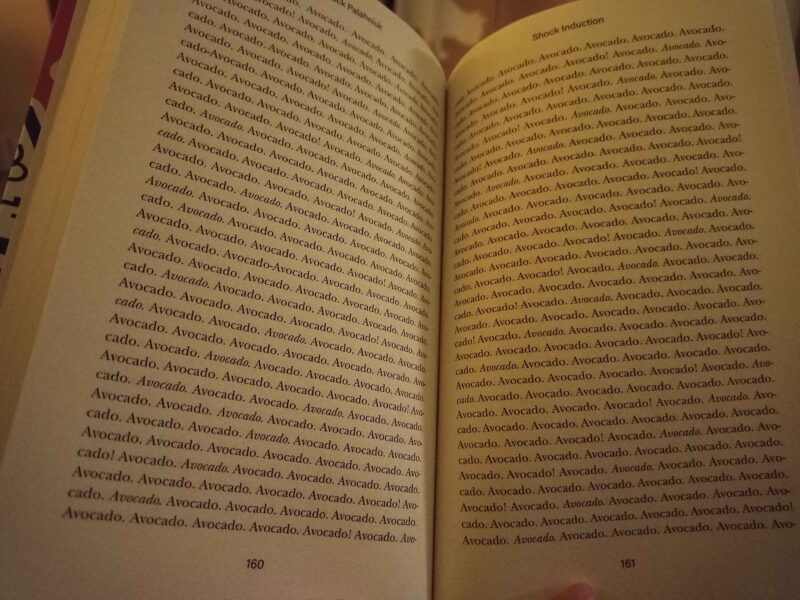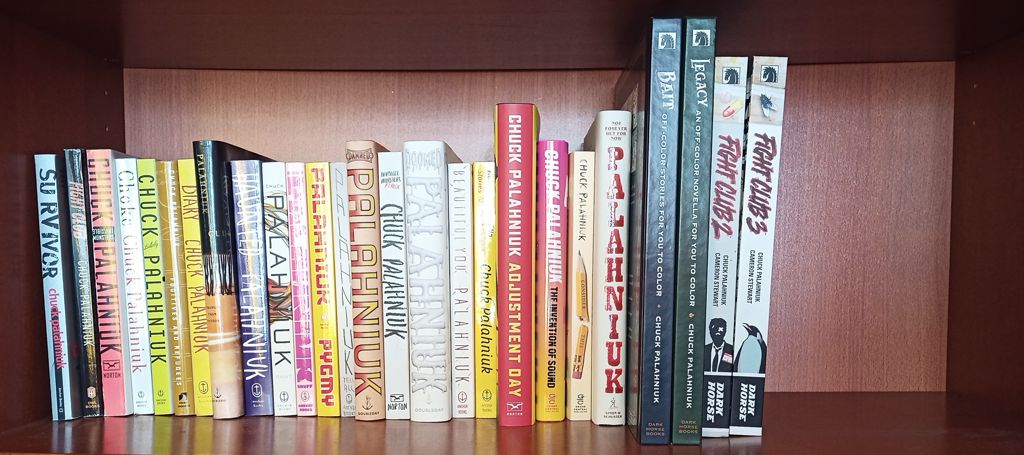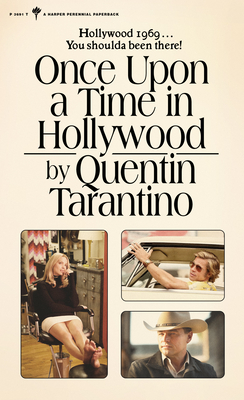There’s a quote that I think about quite often from Jame’s Cameron’s Terminator 2: Judgement Day: “There’s no fate but what we make for ourselves.” If there are messages in Jason Pargin’s latest novel, I’m Starting to Worry About This Black Box of Doom, one of them is that there are no black boxes of doom but those we make for ourselves.
There’s a quote that I think about quite often from Christopher Nolan’s Inception: “An idea is like a virus, resilient, highly contagious. The smallest seed of an idea can grow. It can grow to define or destroy you.” If there are messages in Jason Pargin’s latest novel, I’m Starting to Worry About This Black Box of Doom, one of them is that the black boxes we make for ourselves can grow to define or destroy us.
The black box in the title of the novel is not the physical black box in the narrative of the novel. I’m not spoiling anything here, this is all explained quite early on in the novel. Applying that information to the philosophical black boxes in the rest of the novel is left as an exercise for the reader. If all that seems like a bit of a bait-and-switch con, keep in mind how much bait-and-switch happened with those two movies. The actor who played the main antagonist in the first movie plays the main white knight protector in the second? The eponymous inception is perpetrated not just on the target of the heist, not just on the instigator of the heist, but primarily on the perpetrator of the heist?
That said, Black Box is a bit of a bait-and-switch. When you find out the true meaning of the philosophical black box, and when you find out the true contents of the physical black box, your concepts of most of the main characters are switched and turned. This is not to relegate this novel to the trash heap of the “twist ending”. There is a twist beginning, a twist middle, a twist climax, and a twist denouement as well. One character who is cast as the only competent and experienced professional turns out to be kind of a nitwit. One character who is cast as a relentless machine turns out to be one of the most tragic and sympathetic characters in the whole story.
All the while, we are forced to contemplate how information is presented to us in this world, and how that affects the way we interpret it. A clandestine road-trip quickly becomes one of the most comically public endeavors on the planet. What the characters think they understand about each other becomes as unreliable as what we think we know about them.
This novel is not part of either of Jason Pargin’s two successful series. It is not a John, Dave, and Amy novel or a Zoey Ashe novel. It is good to see a writer branch out in new directions and work on things that are different. This is not a horror novel or a science fiction novel. These situations are all too real, these landscapes are too mundane, and these people are very real. Everybody makes mistakes and has regrets. There are no color-coded hats or billowing capes.
At times, mostly in the middle, this novel gets a little bogged down in conversations that are mostly exposition. At the end, most threads get tied up maybe a little too neatly. If those things are “flaws” in the novel, I’m not sure how Pargin could have fixed them. Maybe it’s not perfect, but it’s good. Very good. I continue to think that Jason Pargin is a novelist who started out strong and just keeps getting better. I recommend this book to all adult readers, and most YA. What I really don’t understand is why this author’s publisher hasn’t updated his promotional web site.




